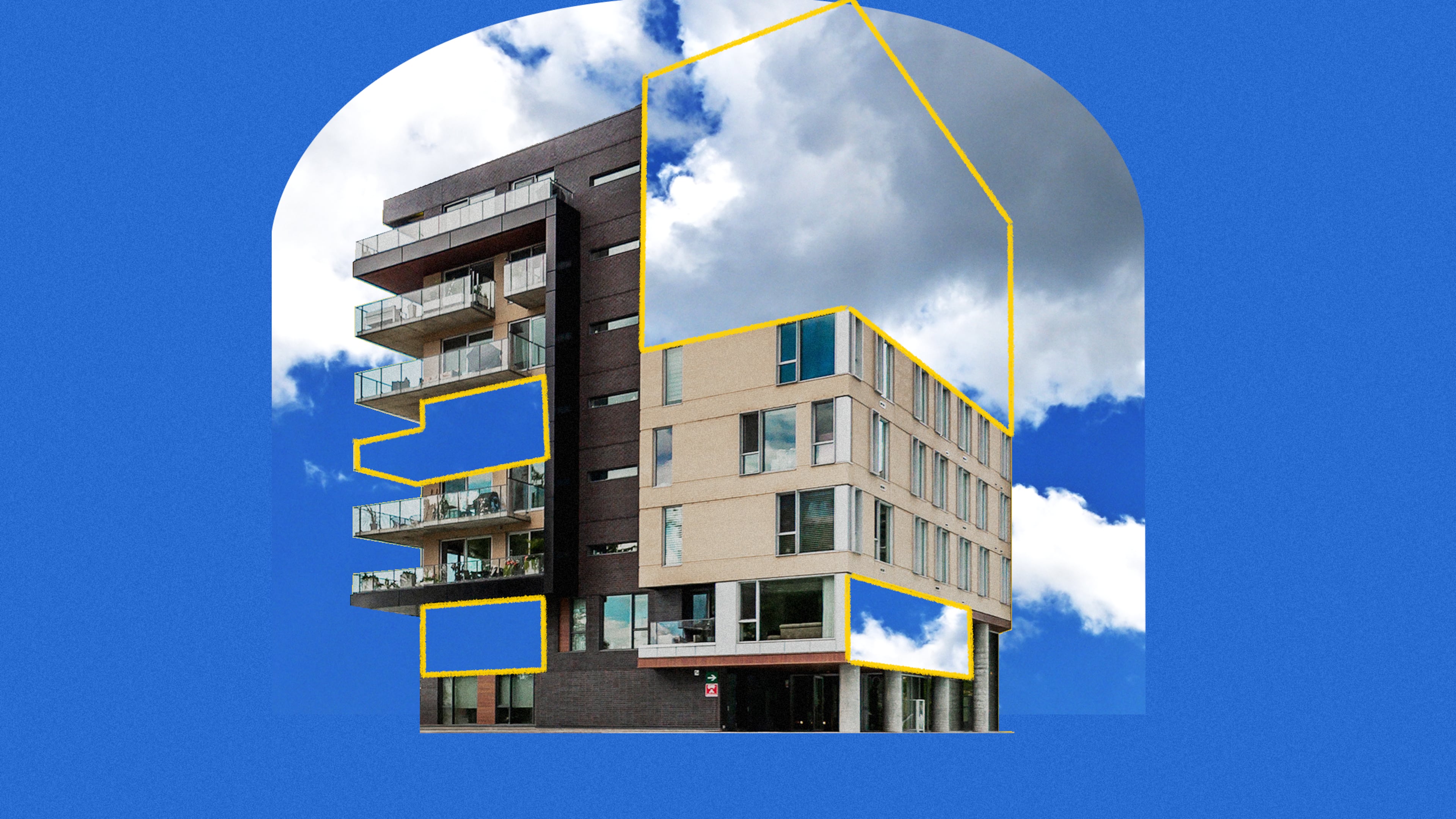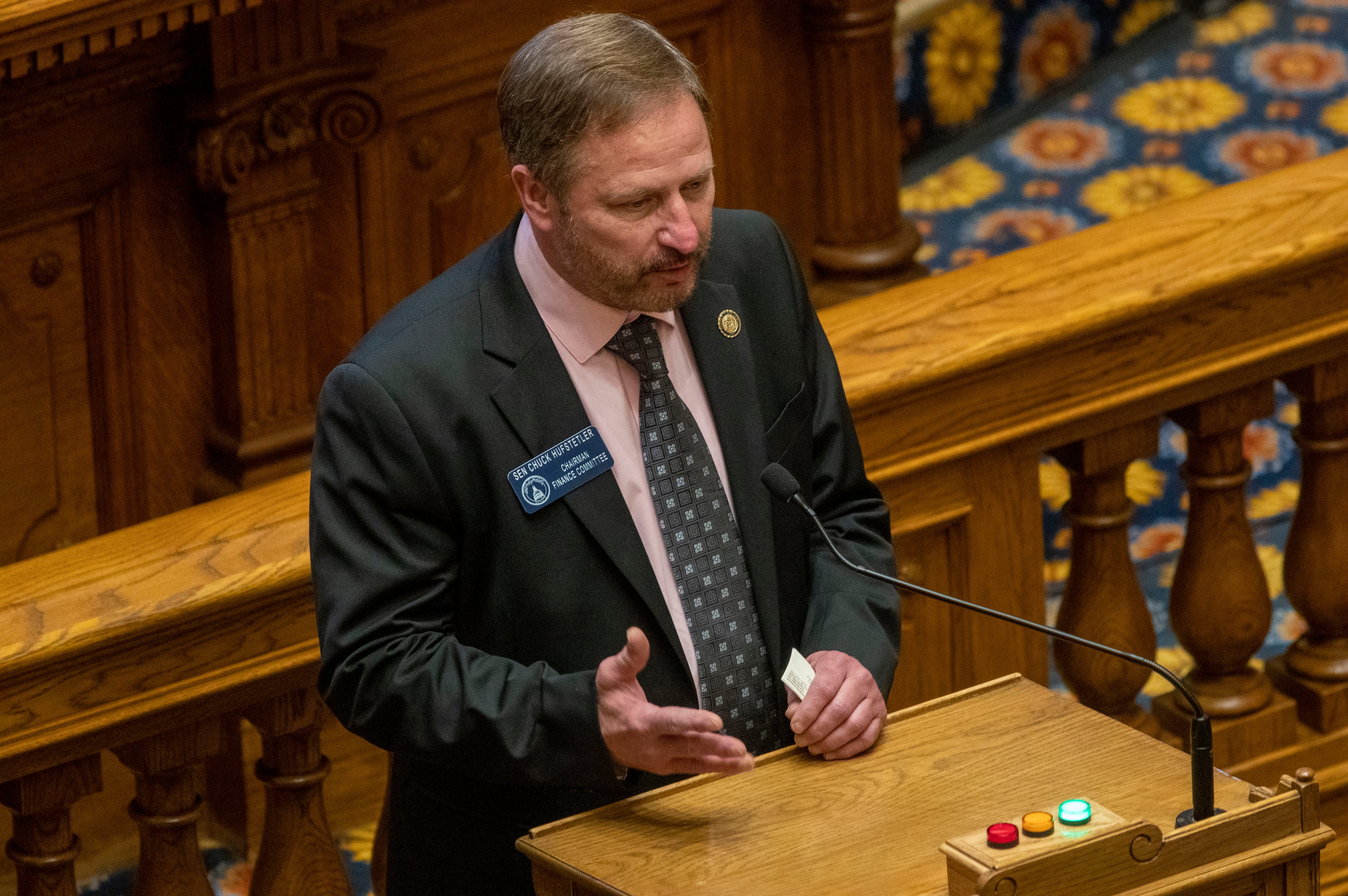Amending state constitution will help Georgia fix affordable housing crisis

What happens to a community when the people who keep it running can no longer afford to live there?
President John F. Kennedy famously said during campaign remarks on the national housing crisis in 1946: “The home is the central unit of the community … the right to a good home is one of the noblest motives in the American way of life.”
And as sociologist Matthew Desmond, author of “Evicted: Poverty and Profit in the American City,” succinctly noted, “without stable shelter, everything else falls apart.”
Leaders past and present have recognized the critical importance that affordable housing plays in anchoring the economy while providing vital social stability for our communities. But in Georgia, those pillars are rapidly eroding.
According to a recent Harvard University study, affordable rentals across Georgia declined by more than 67,000 units over a three-year period, the third highest drop among all U.S. states. Another report by Builders Patch reveals a statewide deficit of more than 80,000 affordable housing units, with only 76 units available for every 100 households.
With Georgia’s population growing rapidly, why aren’t developers stepping up to meet this demand?
The answer is simple and alarming – property tax assessors in several Georgia counties are slowly choking off the pipeline for affordable housing through excessively high valuations that make projects unfeasible. When tax bills exceed monthly cash flow, investors walk away — and new housing never gets built.
Affordable housing projects should not be taxed like market-rate homes
Low-income housing tax credit programs (LIHTC) at both the federal and state levels give tax breaks to investors in exchange for providing financing to develop affordable housing.
The system is designed to ensure a steady supply of affordable units by requiring developers to maintain below-market rents for 30 years.

But public records, including one submitted to the Board of Equalization, show that many tax assessors are valuing these projects using a flawed hybrid cost approach, rather than the standard income approach used for nearly all other income-generating properties. Even worse, property tax assessors in DeKalb, Lowndes, and other Georgia counties have incorrectly asserted that LIHTC tax credits constitute “income” in their assessments. These are not revenue streams — they are equity investments that help pay for upfront construction costs.
The result? Projects are taxed as if they generate the same revenue as high-end, market-rate properties – even though they don’t. In many areas, LIHTC properties must dedicate a higher percentage of rental revenue to property taxes than market-rate properties.
In DeKalb County, for instance, a Georgia Affordable Housing Coalition analysis shows that one LIHTC-funded development received a tax bill equivalent to 32% of gross rental revenue. Meanwhile, a nearby market-rate project in Fulton County was taxed only 9%.
This distortion in the tax system has real consequences. Developers are walking away from potential projects in high-need areas. And the cost isn’t just measured in lost buildings — it’s measured in the daily lives of Georgians.
Essential workers - in education, health care and public safety - suffer
First, this threatens Georgia’s workforce. Vital employees – newly qualified teachers, essential health care workers, first responders, and service industry workers – are priced out of the very communities they serve. Employers can’t fill jobs if workers can’t afford to live nearby. Without access to affordable housing, entire local economies begin to unravel.
Second, families are forced into older housing options that lack modern safety and energy-efficiency standards. This creates not only long-term financial strain but also worsens quality-of-life and health outcomes.
Third, Georgia’s public schools — cornerstones of community success — suffer. Districts struggle to attract and retain quality educators who can’t afford to live where they work. When teachers leave, students fall behind. And when education systems weaken, the cycle of disinvestment accelerates.
Finally, this patchwork approach to property assessments undermines the public-private partnership model that anchors the entire system. LIHTC was created to bring private capital into affordable housing development with the understanding that tax systems would support — not sabotage — the mission.
Here’s why a constitutional amendment can guarantee fairness
The fix isn’t complicated – it’s clear. Georgia needs a constitutional amendment to create a separate property tax classification for affordable housing. This would provide clear, consistent guidance to assessors across the state and ensure projects are valued based on actual income — not flawed interpretations of tax credit equity.
Such a reform would not only restore predictability to the development process, it would unlock new waves of investment in communities that need it most.
Make no mistake — the ramifications reach far beyond those who need affordable housing. Whether it’s the quality of your local neighborhood school, a major employer making the difficult decision to downsize, or a local police department stretched too thin because they can’t find enough manpower, all Georgians will eventually feel the impact of this issue.
Georgia cannot afford to get this wrong. If we’re serious about addressing the state’s housing crisis, we must modernize how affordable housing is taxed. The stakes are too high to delay.
Ken Blankenship is president of the Georgia Affordable Housing Coalition.


